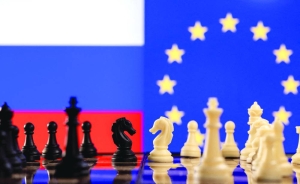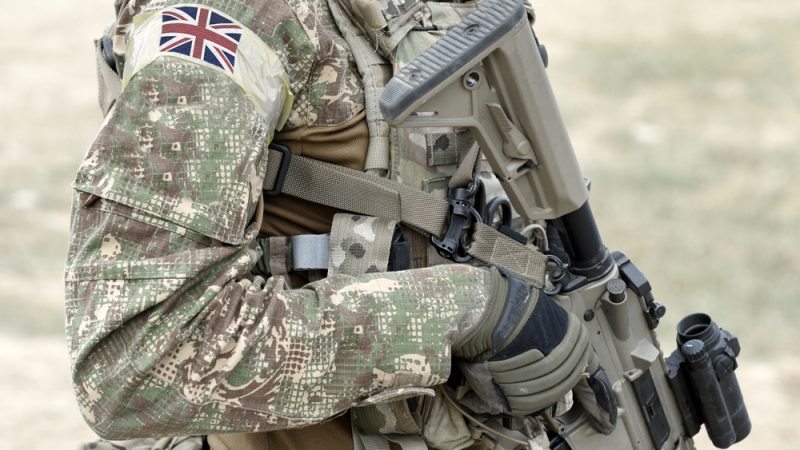



As the conflict in Ukraine continues to escalate, NATO Secretary General Mark Rutte has emphasized the necessity of adopting a wartime mindset in his address on December 11, 2024. He warned that Russia's global strategy poses a significant threat, necessitating an increase in defense production across Europe to deter further aggression [82240305]. Rutte's remarks resonate with the broader consensus that continued support for Ukraine is not only a moral imperative but also a strategic necessity for NATO and its allies.
In a significant development, Europe has provided €125 billion ($128 billion) in aid to Ukraine as of late 2024, surpassing the United States' contribution of $88 billion. European leaders, including Ursula Von der Leyen, have underscored the importance of this support to prevent a Russian victory, which could have dire implications for European security [0902ecab]. Additionally, Europe has committed an extra €120 billion for future aid, reflecting a robust commitment to Ukraine amidst growing challenges [0902ecab].
The Kiel Institute has highlighted the potential costs of a Russian victory, estimating that it could cost Germany between 10 to 20 times the current level of support being provided to Ukraine. This stark warning emphasizes the financial and humanitarian implications of failing to support Ukraine adequately, as it could lead to an influx of 9 to 19 million Ukrainian refugees seeking safety abroad [82240305].
In the context of U.S. involvement, there are concerns that support may wane under a potential Trump presidency. This situation has prompted discussions about the necessity of increased military aid to Ukraine, with Rutte's call for such support resonating with U.S. strategic interests [0902ecab]. The establishment of a €500 billion joint defense fund is being considered to bypass EU vetoes, indicating a proactive approach to bolster defense capabilities [0902ecab].
As the UK government contemplates its defense spending in light of these developments, Prime Minister Rishi Sunak has reiterated that the 2.5% GDP target for defense spending should not be viewed as a ceiling. This aligns with the growing recognition among Western leaders of the need for robust military support for Ukraine as a deterrent against Russian aggression [45134e61].
However, the debate surrounding defense spending continues, with critics like Sophie Bolt from the Campaign for Nuclear Disarmament arguing that military expenditures divert crucial funds from public services. The upcoming Strategic Defence Review in early 2025 will be pivotal in determining the future direction of the UK's defense policy [c42eb0d6].
As NATO and its allies navigate these complex geopolitical challenges, the pressing question remains: How can they effectively balance military support for Ukraine with the need for sustainable economic policies at home?